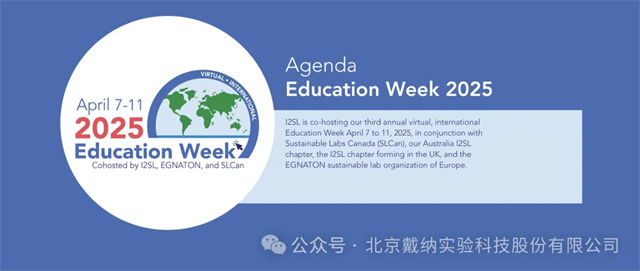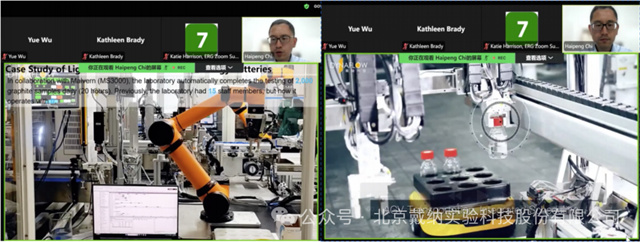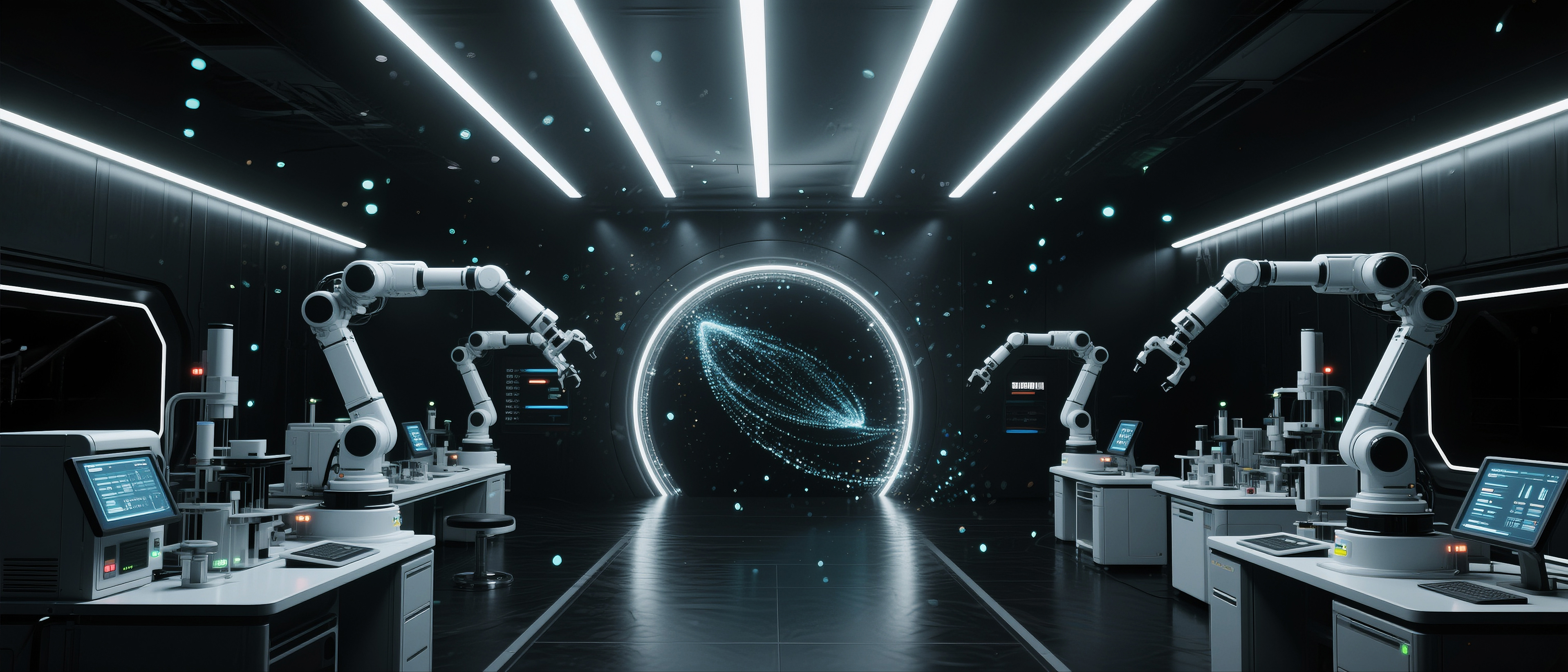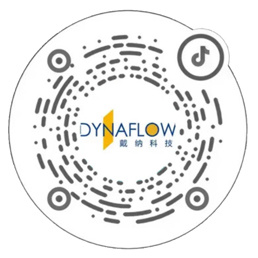Dynaflow's "AI + Lights-out Laboratories" shared globally during International Education Week
Published Time:
2025-04-11
Dynaflow is committed to driving the development of laboratories towards automation, intelligence, and sustainability. Through the deep application of AI technology, laboratories can not only reduce human error but also lower energy consumption and environmental impact, providing strong support for the green transformation of the global laboratory industry.

(Beijing Time) April 10, 2025, the third annual virtual international education week, jointly organized by I2SL, Sustainable Labs Canada, the Australian I2SL branch, the British I2SL branch, and the European EGNATON organization, was successfully held. This education week focused on cutting-edge technologies in laboratory design, operation, and management, attracting experts and companies from the global laboratory field. Beijing Dynaflow Lab Solution Co., Ltd. (hereinafter referred to as Dynaflow), as a leading enterprise in the field of laboratory automation, was invited to deliver a speech on the theme of "How AI + Lights-out laboratories Change Research and Architecture", sharing its innovative achievements in the field of "AI + Lights-out Laboratories®".
AI Empowers Laboratory Automation: Double Improvement in Efficiency and Accuracy
In the speech, Chi Haipeng, President and Chairman of Dynaflow, introduced the core concept and technological advantages of AI + "Lights-out Laboratory®" to domestic and foreign participants. He pointed out that the "Lights-out Laboratory" achieves full automation control of experimental processes through the combination of robots, intelligent devices, and AI systems. Intelligent robotic arms can perform sample preparation, performance testing, and data acquisition tasks 24/7, while the AI system analyzes experimental results in real-time and optimizes parameters for the next round of experiments. This technology not only reduces manual intervention but also significantly improves the accuracy and efficiency of experiments.
Chairman Chi Haipeng specifically mentioned that compared to traditional laboratories, "Lights-out Laboratories" can process approximately 2000 sample bottles and complete approximately 10,000 experiments per day by combining digital twins, the Internet of Things, big data, and other advanced technologies with robots, automated equipment, and artificial intelligence technology. This can lead to an 83% reduction in laboratory scientific personnel, achieving fully unmanned operation of the entire laboratory process, significantly improving experimental efficiency, safety, and data traceability. This data fully demonstrates the huge potential of AI technology in laboratory automation.

Intelligent Management: Equipment Monitoring and Decision Support
Dynaflow's "Lights-out Laboratory" not only automates experimental processes but also includes intelligent monitoring of equipment and intelligent decision-making for laboratory management. Through an AI-driven management system, the laboratory can monitor equipment status in real-time, provide early warnings of potential failures, and ensure the stable operation of experimental equipment. In addition, the system can generate visualized data reports to provide decision support for laboratory managers, further optimizing laboratory operations.
Future Outlook: AI Promotes Sustainable Development of Laboratories
Dynaflow is committed to promoting the development of laboratories towards automation, intelligence, and sustainability. Through the in-depth application of AI technology, laboratories can not only reduce human error but also reduce energy consumption and environmental impact, providing strong support for the green transformation of the global laboratory industry.
This education week provided Dynaflow with an international platform to showcase its technological innovation, further consolidating its leading position in the field of laboratory automation. In the future, Dynaflow will continue to explore the application of AI technology in laboratories, injecting more intelligent power into global scientific research.
Hot Articles
Share to







